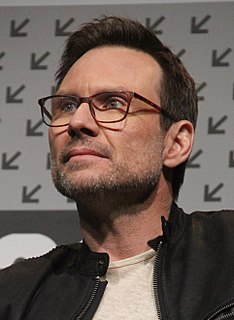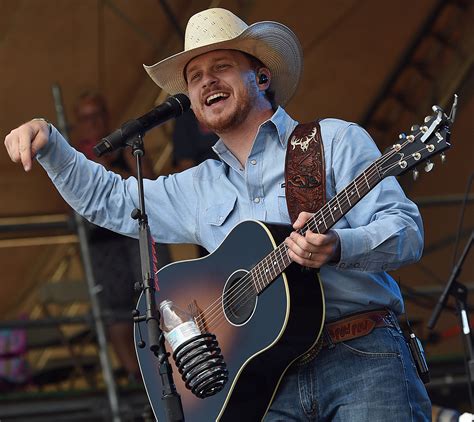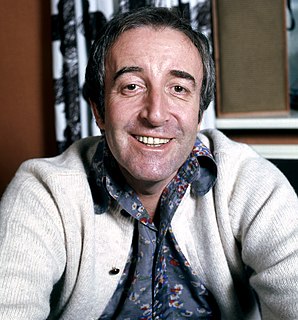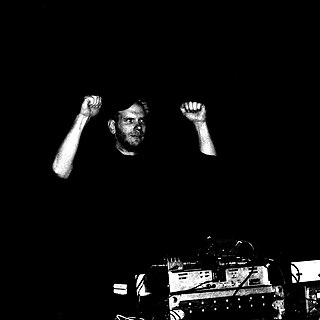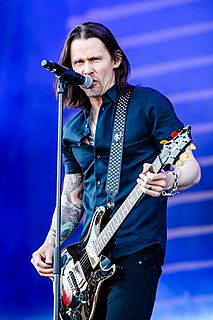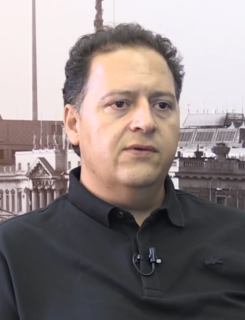A Quote by Christian Slater
Some of the characters that I played as a kid were rebellious teenagers, and people would see those performances and project a particular image onto me. And 90 percent of the time, I would do everything I could to live up to that sort of image and be that individual.
Related Quotes
90 percent, 85 to 90 percent of Israeli citizens in Judea-Samaria, in the West Bank, live in clusters, in urban blocks. Everybody understands that if we were to have a solution then those blocks would stay in Israel. And that's where you saw these cranes; that's where Israelis live. In the Jewish neighborhoods of Jerusalem, everybody understands, they will stay.
I don't know that we're beating anyone at their own game. I just think that we tried to include a lot of Nashville entities from the very beginning, just to see if that would work. We were trying to take my music to a different level and some people wanted me to change my style and my image, obviously that's not going to happen so we simply thanked those people for their time.
What interested me in film was the image-making aspect of it. So, I went to school in cinematography. I was really convinced that image was what I wanted to do, and I think it came from the fact that I lived in a small town my whole life, but my mother was very interested in painting, so she would bring us to Paris for two weeks. So, we're going to the Louvre and to the museums and to see shows. In the evening we were seeing theater. Painting is basically what led me. I think the image was key.
Of course in this age of colorblindness, a time when we have supposedly moved "beyond race," we as a nation would feel very uncomfortable if only black people were sent to jail for drug offenses. We seem comfortable with 90 percent of the people arrested and convicted of drug offenses in some states being African American, but if the figure was 100 percent, the veil of colorblindness would be lost.
I would like people to know me for who I am, especially since I think people have a very skewed image of me. I was playing a lot of cute characters, a lot of little girls; I was objectified. And I don't want people to think of me as that because it's not who I am, and because I've seen a lot of hostility towards that image.
I can understand how people would despise my image and my father's persona. My father's image amongst the poorest of people, those forgotten by the state, still remains a respected image. Whether we like it or not, my father was an important figure who filled a vacuum left by the state amongst the lower social classes.
I would sit on the street corners in my hometown of Indianola, Mississippi, and I would play. And, generally, I would start playing gospel songs. People would come by on the street - you live in Time Square, you know how they do it - they would bunch up. And they would always compliment me on gospel tunes, but they would tip me when I played blues.
